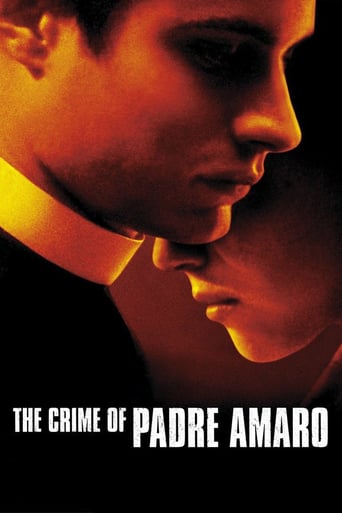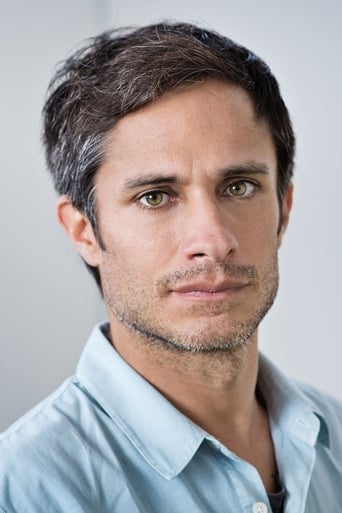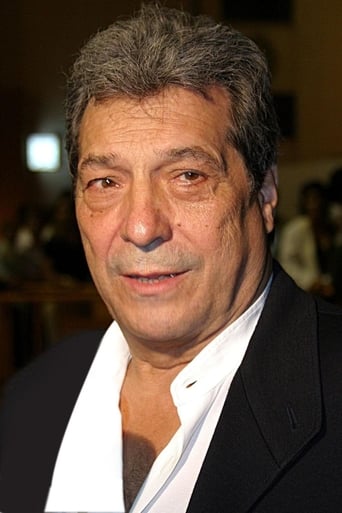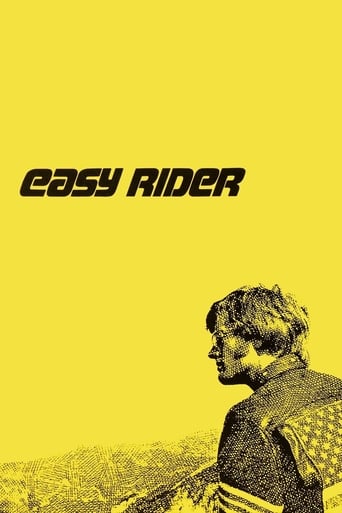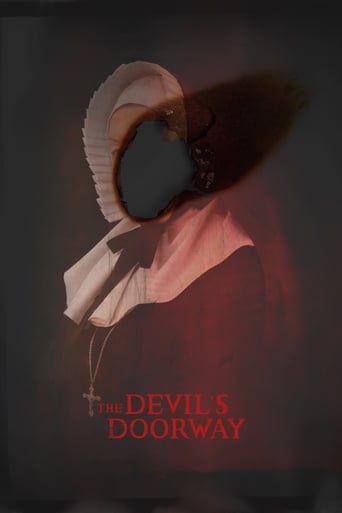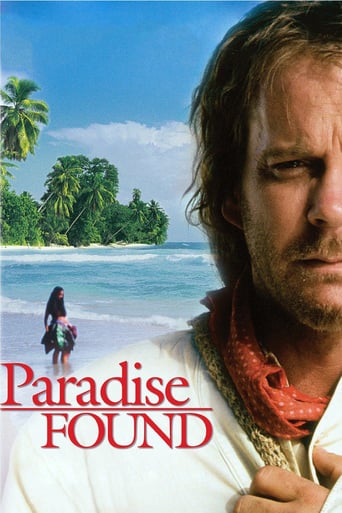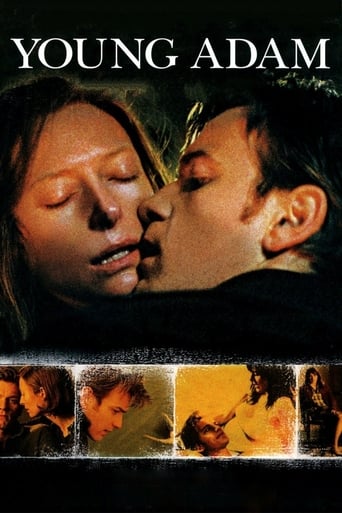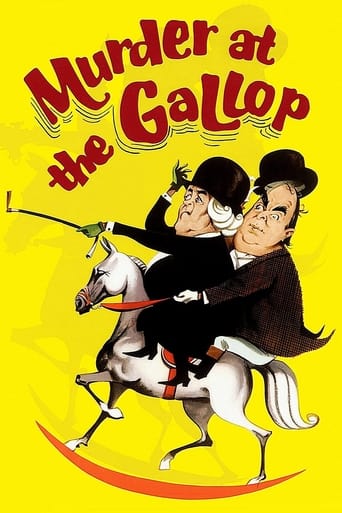The Crime of Padre Amaro (2002)
Sent to Mexico to help take care of aging Father Benito, young Father Amaro faces a moral challenge when he meets a 16-year-old girl who he starts an affair with. Likewise, the girl's mother had been having an affair with Father Benito. Father Amaro must choose between a holy or sinful life.
Watch Trailer
Cast


Similar titles
Reviews
an old novel. a fresh story. and a beautiful adaptation. because it is a film not about sins, rules or status of priest, about love, errors, temptation. but about compromises. as part of image and solution for doubts and easy way to save appearances. Gael Garcia Bernal does a great job as the lead character. because the change of the young priest, thehonesty, the generosity and the fall of his universe are coherent parts of the same manner to understand the reality. film about Mexico, it is a delicate image of the need to preserve a image. this is the real sin of father Amaro - to ignore the lines who separate the territories from every day life and this mistake becomes terrible when the moral values are to fragile in front with the feelings versus social expectations. a film who reminds impressive. for the courage and science to remind the lesson of Eca de Queiros. for the honest - subtle -wise art to redefine a world and its laws. for the bitter beauty. and for the end. see it !
Gael Garcia Bernal was Che Guevara in The Motorcycle Diaries and is just as good as Father Amaro, a Catholic priest filled with doubt about his life's meaning. The good father is sent by a bishop to a small parish where a Father Benito is having a well known affair with a woman with a restaurant in their village. Benito is building a hospital for the poor with money from a drug dealer. Another priest, Padre Natalio is under investigation for his support of left wing revolutionaries. Father Benito's mistress's daughter, Amelia, teaches religion to children. She is only 16 years old and engaged to be married to Ruben who is an atheist while she is a firm believer. Amelia goes to confession to Father Amaro and asks him about love and sin and the man of the cloth soon has impure thoughts about the beautiful teenage girl. Her fiancé Ruben is a journalist and he writes about the corruption, including money laundering involving Father Benito and he is fired by the newspaper due to pressure from the powerful church influence. Amelia breaks off the engagement and begins a sexual relationship with Father Amaro. The moral dilemma is not resolved with a polyannish, everyone living happily ever after nonsense, but with an extremely realistic and heart breaking ending which will remain with you for a long time. The Crime of Father Amaro is a brave and challenging film.
El Crimen Del Padre Amaro is a movie about corruption in the Catholic Church and the personal struggle of priests between obedience and temptation. Padre Amaro (Gael Garcia Bernal) is a young ambitious priest sent to a small town to work in his first church. Though he has a genuine passion to serve the spiritual needs of the people in his community, he soon discovers that the other priests are immersed in scandal, from breaking celibacy to hiding guerrillas to laundering money from powerful drug lords to controlling the media. It isn't long before he becomes entangled in his own scandal: a love affair with a devout young woman (played by Ana Claudia Talancón) caught up in her own struggle between religious obedience and the temptations of the flesh.This film does an excellent job of capturing the complexity of human emotion. Much of the action takes place within the characters, which is conveyed through excellent acting and careful attention to detail on the part of the director and cameramen. One of the things the director mentioned in the DVD's director commentary was how he tried to capture the glances of actors, along with their facial expressions. Facial expressions were especially informative during the many close-up shots. This created a very intimate and emotional tone.Bernal delivers a compelling performance of deep internal struggle - private, complex, and emotional – between ambition and love, loyalty to the Church and uneasiness with corruption, and how to deal with a variety moral dilemmas. Is laundering money okay if you use it for a good cause? Is guerrilla warfare justified if you are fighting a criminal oppressor? How do you reconcile between duty to the (corrupt) church and devotion to its teachings? When is abortion justified? Ultimately, the real "crime" of Father Amaro is not the obvious breaking of his celibacy. His crime is his loyalty to a corrupt church rather than his own values, continuously running away and hiding from his situation instead of dealing with it, and letting his ambition get in the way of everything else that mattered to him.
Directed by Carlos Carrera, starring Gael Garcia Bernal (Amaro), Sancho Gracia (Benito), and Ana Talancon (Amelia), this film examines the presence of the Catholic church in Mexico and the grip it has on Mexican politics and reality (ironically, efforts were made by the church to block the film). It is based on the Portugese novel "O Crimen do Padre Amaro" by Queiroz. There are no fast-paced, action-packed and flashy qualities present in many blockbusters nowadays, but the film does keep one's interest in the melodrama and hypocrisy that unfolds.The movie starts with a fresh, newly ordained priest (Amaro) who is sent to a small town to study under the seasoned Benito. Amaro is immediately awakened to hypocrisy and corruption that his Catholic counterparts are steeped in. Amaro's morality is tested against his ambition, and the things like love and truth fall victim to his quest for power.The movie asks the crucial question, "What place does the Catholic church have in the modern era?" The movie treats the tradition of the church as an artifact, lost long ago and replaced by actions that are non-compatible with its teachings. This is voiced by Carrera in the opening scene where Amaro drives by Catholic tombstones: "They don't mean anything - they are forgotten." But the church remains very powerful, having symbiotic relationships with drug lords, government and media that allow it to persist and influence Mexico.So much detail was taken in the film's depiction of Mexico: the contrast of modernity and tradition (donkeys and cars on the streets), the economic woes of the 1990s and resulting corruption, the Catholic church's scandals, and increasing liberalism at the time. Although the movie does require some patience, it is well worth it. The film is thoughtful in every possible way, and the two main characters are quite the lookers.-JonLuther

